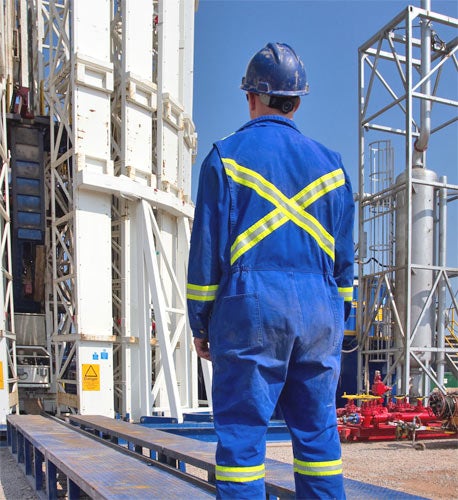Your support helps us to tell the story
From reproductive rights to climate change to Big Tech, The Independent is on the ground when the story is developing. Whether it's investigating the financials of Elon Musk's pro-Trump PAC or producing our latest documentary, 'The A Word', which shines a light on the American women fighting for reproductive rights, we know how important it is to parse out the facts from the messaging.
At such a critical moment in US history, we need reporters on the ground. Your donation allows us to keep sending journalists to speak to both sides of the story.
The Independent is trusted by Americans across the entire political spectrum. And unlike many other quality news outlets, we choose not to lock Americans out of our reporting and analysis with paywalls. We believe quality journalism should be available to everyone, paid for by those who can afford it.
Your support makes all the difference.Residents of Lancashire, somewhat unsurprisingly, do not want to live in an earthquake zone. The idea then that the recent rise in seismic activity may be linked to the beginning of "fracking" in the area has prompted concern.
"Links between gas fracking, which is cracking up the underground structure, and the quake need looking at," demanded Alistair Parker, from the market town of Poulton, where an earthquake struck in early April. "We only have their word for the extent of the effects they are creating."
Green Party organiser Philip Mitchell said: "The sense of local unease has increased further since reports of a second earthquake in the area close to the drilling at Singleton and Weeton. That has led people to question whether there is indeed a link between fracking and earthquakes."
The risks of fracking shot to public attention when the US documentary Gasland was nominated for an Oscar. The film showed water contaminated with gas in areas where widescale fracking was taking place. Homeowners held matches to their tap water, causing it to ignite.
In addition to fizzing and bubbling with gas, the water tasted metallic and looked brown, residents complained. Pat Farnelli, a Pennsylvania woman, said: "Everyone was sick, including me. Our stomachs were really playing up – we couldn't handle anything." The documentary argues that only half of the waste water that goes into the ground comes back up.
Mr Mitchell added: "The potential risk to our drinking water, our communities and our countryside from what are essentially chemical and mining operations on a massive scale is far too great to give this industry a go-ahead."
Despite the suspension, Cuadrilla Resources, the company behind the exploration for shale gas on the Fylde Coast, has confirmed that it plans to start drilling near Hesketh Bank, close to Preston, next month.
Residents and environmental groups believe there is the potential for water and air contamination. One resident told the Lancashire Evening Post: "You do not have to look too far to find stories of chemicals seeping into water supplies and explosions."
Jennifer Banks, of WWF-UK, said the charity would welcome further investigation into fracking.

Join our commenting forum
Join thought-provoking conversations, follow other Independent readers and see their replies
Comments